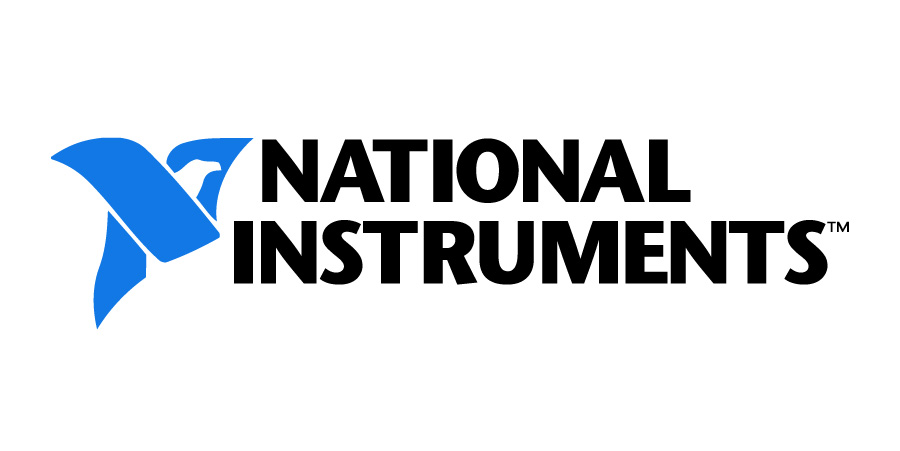















| Plenary Speaker | Talk title | Time & Venue |
| Mischa Dohler King's College London |
Internet of Skills – Where 5G, Robotics and AI Meet | Friday, March 3, 8:30 am - 9:30 am IC&SR Auditorium |
| R. S. Pundir Director, DEAL |
Military Communication: Products & Technologies | Friday, March 3, 6:30 pm - 7:30 pm IC&SR Auditorium |
| Richard Baraniuk Rice University |
A Probabilistic Theory of Deep Learning | Saturday, March 4, 8:30 am - 9:30 am IC&SR Auditorium |
Title: Internet of Skills – Where 5G, Robotics and AI Meet
Title: A Probabilistic Theory of Deep Learning
Title: Military Communication: Products & Technologies